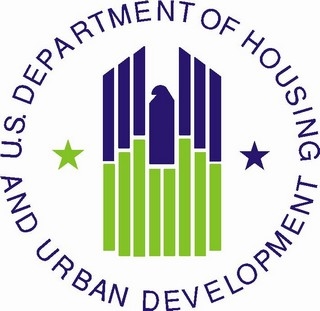Advertisement
HUD publishes proposed rule for state compliance with SAFE Act

The U.S. Department of Housing & Urban Development (HUD) has announced publication of a proposed rule setting the minimum standards that states must meet to comply with the Secure and Fair Enforcement Mortgage Licensing Act (SAFE Act) in licensing loan originators. "By introducing nationwide standards of uniform licensing for loan originators, the SAFE Act is taking an important step in returning integrity and accountability to the residential mortgage loan market," said FHA Commissioner David Stevens. "Implementation of this Act is a critical addition to our system of regulatory protections that will benefit both consumers and financial institutions."
The SAFE Act was enacted into law on July 30, 2008, as part of the Housing and Economic Recovery Act of 2008. It is designed to enhance consumer protection and reduce fraud by encouraging states to establish minimum standards for the licensing and registration of state-licensed mortgage loan originators. SAFE also mandates the creation of a Nationwide Mortgage Licensing System and Registry (NMLSR), and encourages all states to provide for a licensing and regulatory regime for all residential mortgage loan originators.
While states are charged with enacting licensing standards that meet the requirements of the SAFE Act, overall responsibility for interpretation, implementation, and compliance rests with HUD. If HUD determines that a state's licensing standards do not meet the minimum requirements of the Act, it is required to implement and administer a licensing system for that state.
To comply with the Act, states must put in place a Loan Originator Licensing program that requires originators to take an education course, pass a test, and undergo civil, criminal and financial background checks. States have until July 31, 2010, to have their loan originators licensed under the SAFE Act criteria, unless they already have them licensed under a different system. If already using a different licensing system, they have until Dec. 31, 2010, to bring them in line with the Act's requirements.
The proposed rule:
► Addresses the criteria that HUD will use to determine whether a state has put in place a system for licensing and registering loan originators as required by the SAFE Act. The rule sets forth the statutorily imposed minimum requirements that a state would have to meet to be in compliance with the SAFE Act.
► Provides the requirements that HUD would put in place if HUD must establish a licensing and registration system for a state that is determined to not be in compliance with the SAFE Act.
Addresses the enforcement authority provided to HUD in the SAFE Act including: (1) summons authority for information on any loan originator operating in any state that is subject to a licensing system established by HUD; (2) the authority to appoint examiners to assist HUD in its responsibilities in a state in which HUD established a licensing system; and (3) the authority to conduct cease- and-desist proceedings with respect to any person who is violating, has violated, or is about to violate any provision of the SAFE Act under a licensing system established by HUD, including the authority to issue temporary orders.
As part of the rule-making process, HUD is soliciting comments for 60 days on its proposal and the comments received will be considered in the development of a final rule. Comments should be submitted by mail or electronically as noted in the Federal Register posting.
The proposed rule is posted in today's Federal Register and on HUD's Web site.
For more information, visit www.hud.gov.
About the author





